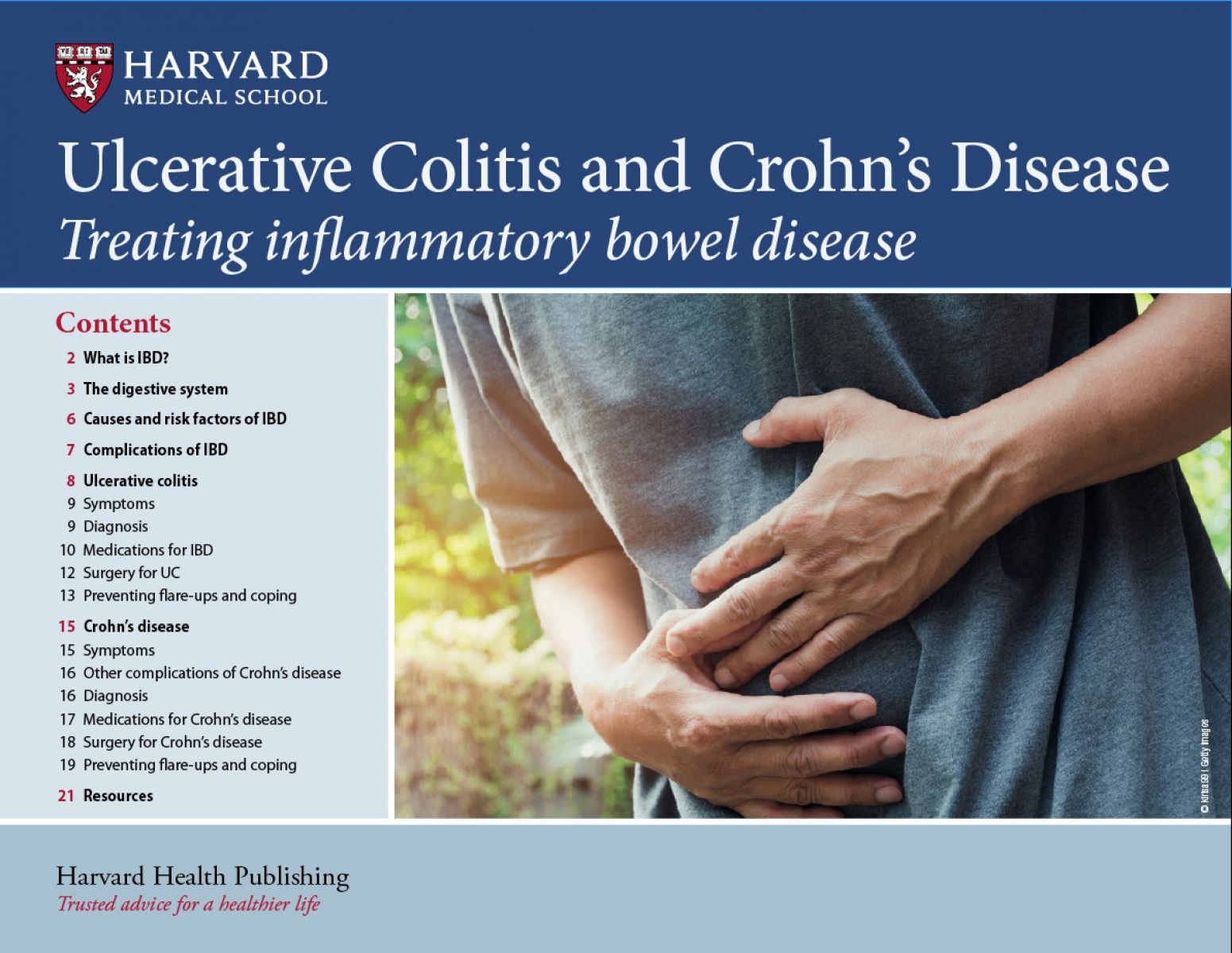Should I be worried about fatty liver disease?
On call
Q. An ultrasound test showed I have a fatty liver. Am I at risk for cirrhosis? What about liver cancer? How much alcohol can I safely drink with this condition?
A. While drinking excessive alcohol can lead to a fatty liver (too much fat buildup in the liver cells), a more common condition is called nonalcoholic fatty liver disease (NAFLD), which is fatty liver not caused by alcohol intake. There are two types of NAFLD: simple fatty liver and nonalcoholic steatohepatitis (NASH). Simple fatty liver means you have extra fat in the liver, but it doesn't cause inflammation or hurt your liver cells. NASH is more serious and occurs when fattened cells become inflamed. This inflammation can damage liver cells and result in cirrhosis (permanent scarring of the liver). Having cirrhosis from any cause increases the risk of liver cancer.
While there is no definitive evidence about light drinking — that is, up to one alcoholic beverage a day — for people with NAFLD, more than that may increase the risk of progression to cirrhosis. The safest advice is to not drink, with a rare exception for special occasions. The only proven treatment for NAFLD is weight loss. Some studies suggest that regular moderate-intensity exercise may provide additional benefits.
About the Author

Howard E. LeWine, MD, Chief Medical Editor, Harvard Health Publishing; Editorial Advisory Board Member, Harvard Health Publishing
Disclaimer:
As a service to our readers, Harvard Health Publishing provides access to our library of archived content. Please note the date of last review or update on all articles.
No content on this site, regardless of date, should ever be used as a substitute for direct medical advice from your doctor or other qualified clinician.













